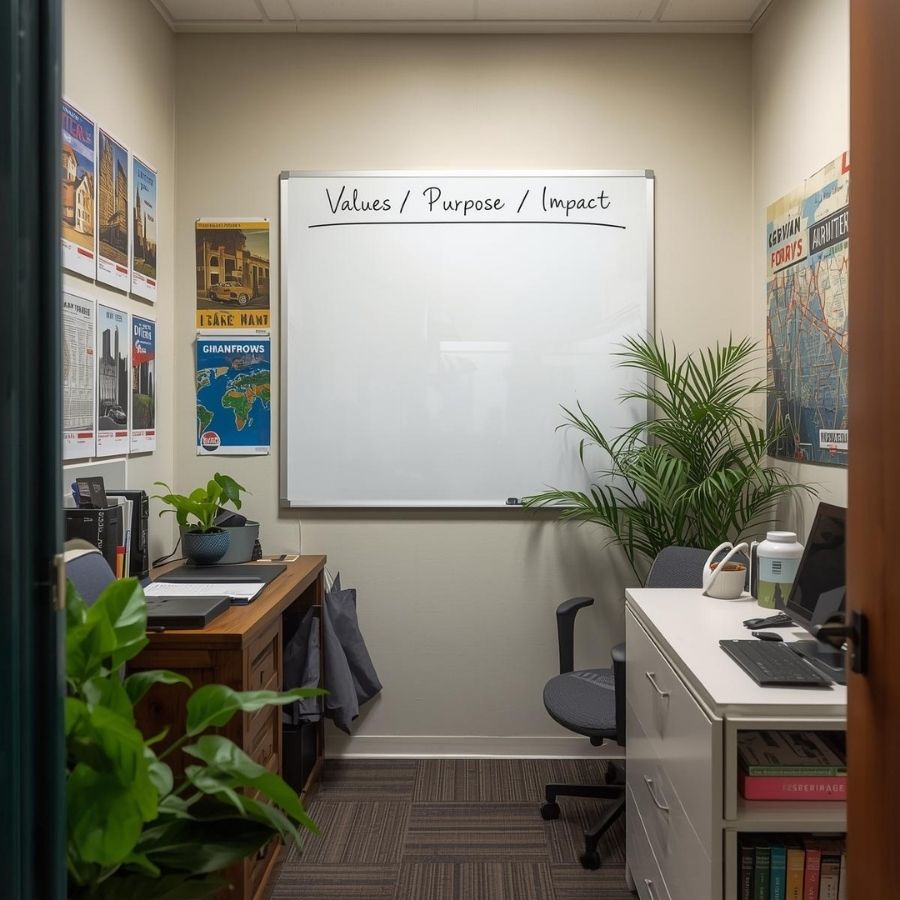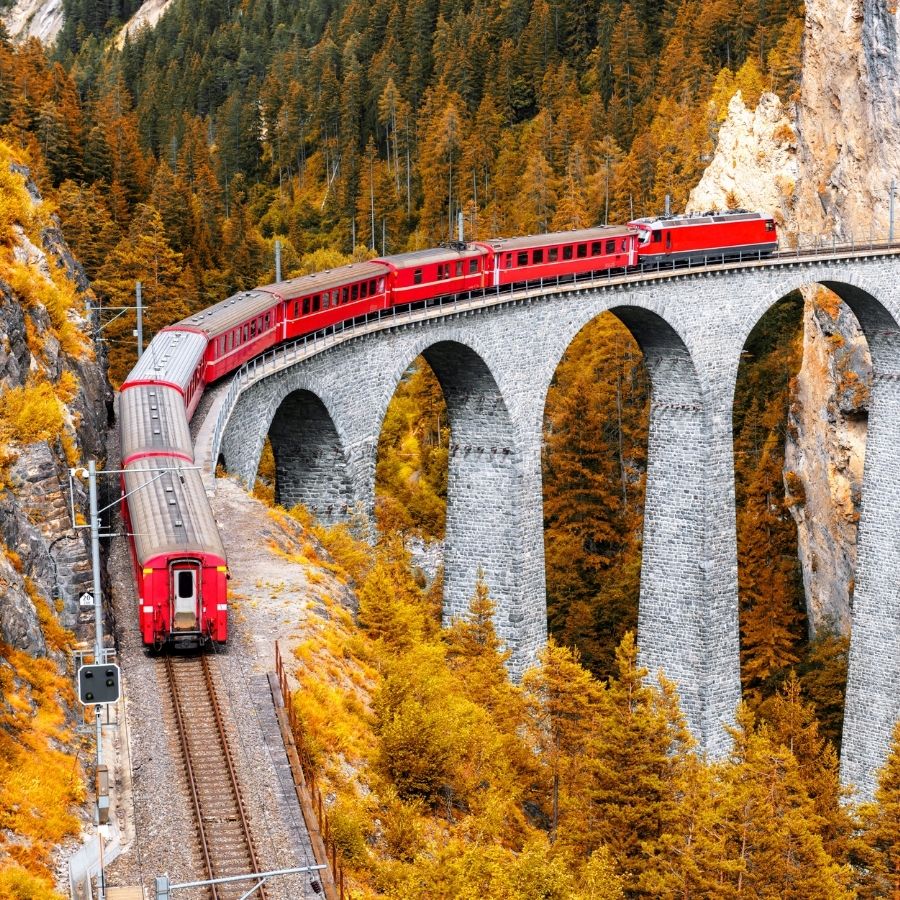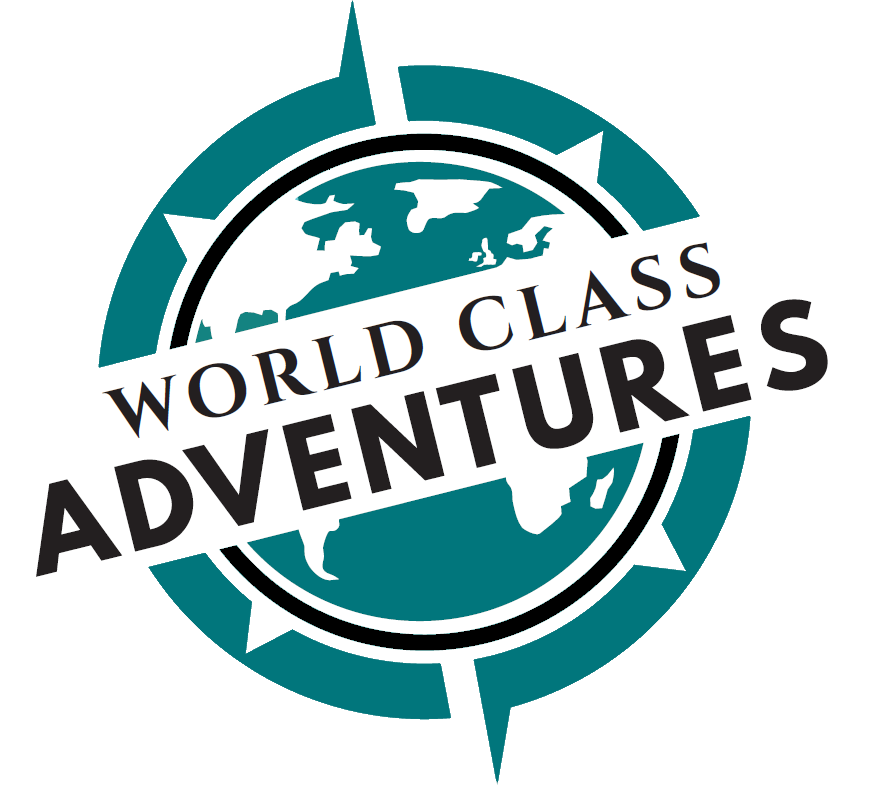Top Tips for Making Your Travel Business Sustainable
There’s a lot of talk about sustainability in travel, but for small agencies and independent advisors, it can feel overwhelming. Between buzzwords, carbon data, and client expectations, it’s hard to know where to start.
For me, sustainability isn’t a trend or a marketing line. It’s simply about doing things properly: making sure travel has a positive impact on the people and places we love, while running a business that’s thoughtful and responsible.
Here are some practical ways to make sustainability part of your everyday work, not just your message.
1. Start with purpose

Define what sustainability means for your business before pursuing certifications.
Before looking at certifications or carbon calculators, take time to define what sustainability actually means for you. It doesn’t need to be complicated. For me, it’s about creating journeys that give more than they take by supporting communities, protecting culture, and encouraging clients to travel consciously.
Write your principles down and share them publicly. It keeps you accountable and helps clients understand your values.
If you’d like an example, my Responsible Travel page and Traveller’s Pledge outline the standards I hold myself and my partners to: simple, realistic, and measurable.
2. Choose the right partners

Working with locally owned partners keeps benefits within the community.
Your sustainability credentials are only ever as strong as the partners you work with. This part takes time and honest conversations, but it’s worth it.
When I’m considering a new operator, hotel, or experience provider, I look beyond the glossy brochure. I ask open, practical questions that reveal how they really operate day to day:
- How do you treat and train your staff? Do you employ and develop local people? Do you support nearby schools or community projects?
- Where does your waste go? “We recycle” isn’t enough. I want to know where it ends up and how it’s handled all the way down the chain.
- How are you reducing energy and water use? Beyond solar panels, what about water heating, lighting, and greywater systems? Small steps add up.
- What’s your approach to wildlife and local culture? Are guests encouraged to respect the environment and local traditions? Has the resort been built sensitively, blending with the landscape rather than replacing it? Are you sourcing local produce or supporting reef or forest restoration projects? Did your resort drill into living reefs to build overwater villas?
- What happens to food waste? Buffets might look generous, but they’re often incredibly wasteful. The most conscientious hotels are moving towards cooking to order, composting scraps, or donating surplus food locally. These choices say a lot about a property’s true values.
- Who benefits financially from this experience? Does the money stay in the community, or does it flow out to an international chain? That’s tourism leakage: when profits leave the destination instead of supporting local livelihoods. Working with locally owned lodges, guides, and suppliers keeps the economic benefit where it belongs.
If a supplier’s answers sound vague or defensive, that tells me a lot. I’d rather work with people who are honest about where they are on their journey, even if they’re not perfect yet. Transparency and intent are far more valuable than glossy marketing.
There are great resources to help you ask better questions. Kiwano Training offers practical education for travel professionals. Tourism Declares a Climate Emergency and The Travel Foundation both share free guides for responsible operations, while the Sustainable Hospitality Alliance provides frameworks you can apply to hotels and lodges.
I also pay attention to how partners approach wildlife tourism and visitor management. Responsible wildlife experiences should never exploit animals or interfere with their natural behaviour. They should support conservation, educate travellers, and give back to the environments they depend on.
Overtourism is another growing challenge. It affects communities, ecosystems, and the quality of the experience itself. I look for ways to spread the benefit of travel more evenly, encouraging longer stays, destination dupes in lesser-known regions, and off-peak visits that ease pressure on popular sites. Thoughtful choices like these help protect the places we all rely on for future adventures.
3. Travel slower, go deeper

Encourage clients to take fewer flights and explore deeper by rail.
Sustainability doesn’t mean compromise. It usually leads to better experiences.
I often encourage clients to slow down: fewer flights, longer stays, and deeper connections. Instead of racing through five cities in a week, they could really get to know one region. That shift reduces impact and enriches the trip.
Rail is one of the best ways to do this. It turns the journey itself into something memorable. I’ve written more about this in my Slow Travel by Rail article, which shows how slower travel can feel more immersive, not less exciting.
For those who still need to fly, I offset from my own commission and encourage clients to make informed choices about routes and frequency. I’d rather they travel less often and enjoy it more.
4. Bring your clients with you
Clients are increasingly aware of sustainability, but they don’t always know where to start. The key is to focus on meaning, not guilt.
When I talk to clients about sustainable choices, I frame them as upgrades: richer experiences, better local connection, more authenticity. Staying in a community-owned boutique lodge often feels far more special than a chain hotel. A local guide adds stories that no app can provide.
Little suggestions matter too, like bringing a reusable bottle, eating locally, or joining conservation-based excursions. It all adds up. Clients appreciate being guided gently towards better choices, especially when they can see the benefit to both people and planet.
5. Run your business sustainably too

Simple daily habits can make your business operations more sustainable.
Sustainability isn’t only about the trips we sell; it’s about how we operate every day.
In my office, I keep printing to an absolute minimum and avoid posting printed documents wherever possible. Instead of sending reams of paperwork, I use Travefy’s Trip Plans app to keep clients updated with real-time itineraries, maps, and travel details. It’s paper-free, professional, and far more convenient for clients on the move.
If you really can’t do without sending clients luggage tags or document wallets, make sure they are made from sustainable materials like bamboo.
A few other small but effective habits that make a difference:
- Choose renewable or green energy suppliers where you can.
- Recycle old electronics responsibly (or donate them).
- Store documents securely in the cloud rather than on local drives.
- Bank with institutions that have ethical or sustainable investment policies.
They might sound small, but collectively these habits save time, money, and waste. Clients notice when you quietly lead by example.
6. Keep learning, keep sharing

Collaboration and knowledge sharing keep sustainability progress alive.
No one has it all figured out. Sustainability is a constant work in progress, and that’s okay.
I stay up to date by following credible sources like:
It’s also worth joining online communities or industry forums, even informal ones on LinkedIn, to exchange ideas and celebrate progress. Collaboration keeps momentum going.
Final thoughts
Running a sustainable travel business doesn’t have to be complicated. It’s really about awareness and intention: choosing suppliers with care, helping clients travel well, and running your business responsibly day to day.
Small steps genuinely make a difference. They show clients that this isn’t about a trend or ticking a box; it’s about protecting the joy of travel for the long term.
More recently, the word 'sustainable' has started giving way to 'regenerative'. It’s not just about reducing harm anymore; it’s about finding ways for travel to give back: to restore, rebuild, and leave things better than before. That shift feels positive. It reminds us that we’re part of the solution, not just trying to do less damage.
If this approach feels right to you, start where you are. Keep learning, keep asking questions, and keep sharing what works. That’s how things change, one thoughtful travel advisor at a time.
Author bio:
Bridget Perriman is the founder of World Class Adventures, an independent UK travel consultancy specialising in tailor-made, responsible travel experiences designed with care and purpose.






